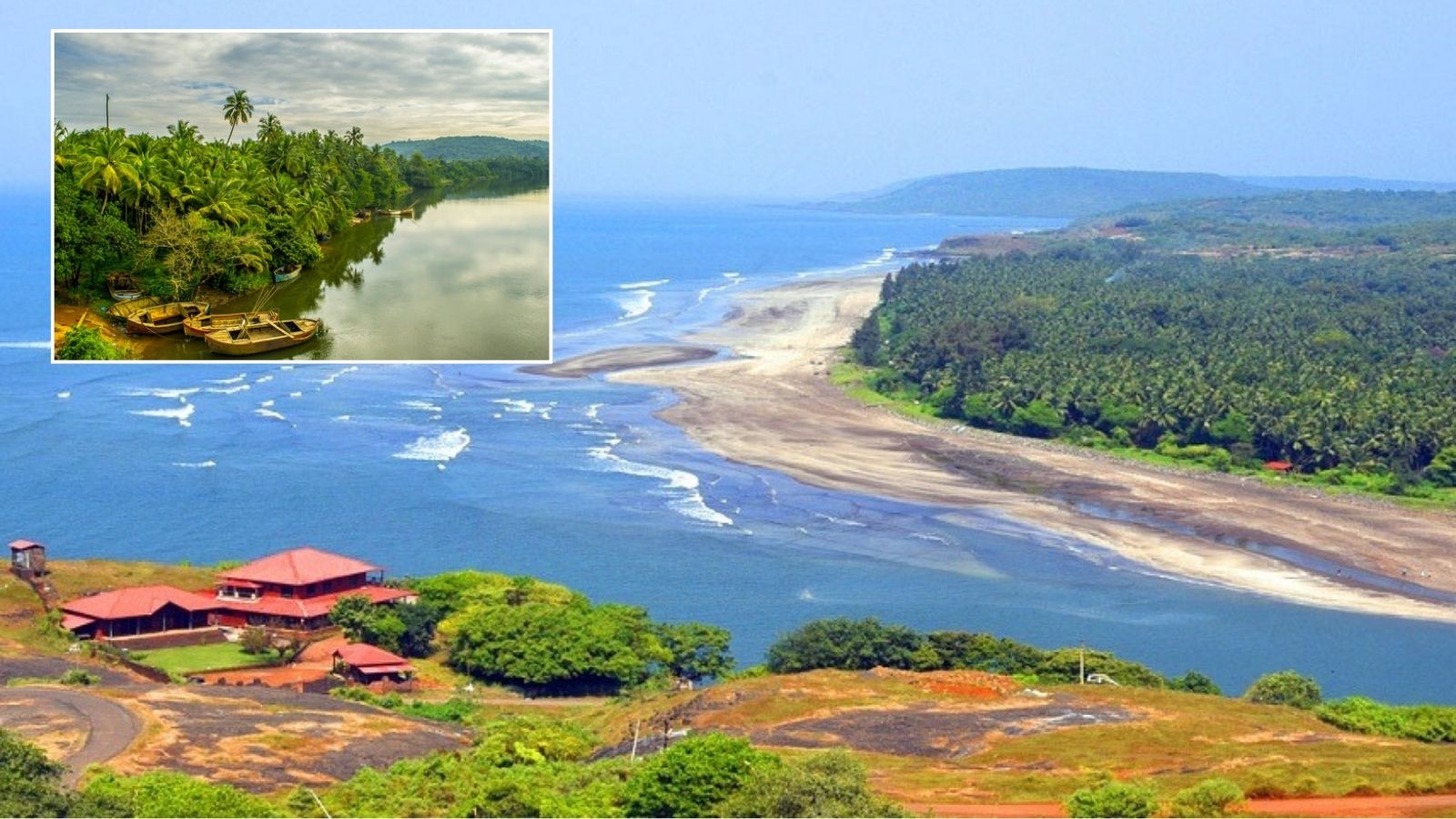[ad_1]
In recent years, initiatives promoting ecotourism in the Konkan region have gained traction. Moving beyond conventional tourism, which often leads to environmental degradation and the erasure of local cultures, these models emphasize responsible, sustainable travel that benefits both the environment and the local people.
One such initiative is Konkani Ranmanus, a community-based sustainable ecotourism agency. Founded by Prasad Gawade, the organization collaborates with local initiatives in coastal and hilly villages, aiming to showcase the unique cultures of the Konkan region. Gawade emphasizes the pitfalls of conventional tourism, stating, “The biggest flaw of commercial tourism is that local people are forced to upgrade their lifestyles to offer urban amenities to tourists. This results in loss of livelihoods and erasure of indigenous culture and sustainable practices.”
Konkani Ranmanus promotes a model where the lifestyle of the locals is the core attraction. Tourists are encouraged to live, eat, and travel like the locals—partaking in daily activities such as walking with farmers and fishermen or even helping out in the fields. “Our guests eat locally grown food, travel mostly on foot, and stay in earthen homestays,” Gawade shares. Tourists are also discouraged from using vehicles and plastic, ensuring a minimal ecological footprint.
A Focus on Local Culture and Cuisine
The Konkan region is renowned for its unique culinary traditions, featuring ingredients endemic to the area. Local delicacies like kokum butter, ragi roti, and fish curry are integral to the ecotourism experience promoted by Konkani Ranmanus. By highlighting these traditional dishes, the initiative helps preserve indigenous food practices that might otherwise be overshadowed by the demands of conventional tourism.
Konkani Ranmanus welcomes around 140–150 visitors per year, ensuring the experience remains intimate and sustainable. “Tourism should sustain, not strain, the resources and culture of the local community,” adds Gawade.
The Velas Turtle Festival: A Conservation Success Story
Another notable ecotourism initiative in the Konkan region is the Velas Turtle Festival, which began in 2007 as a conservation effort for the endangered olive ridley turtles. Spearheaded by the NGO Sahyadri Nisarg Mitra, the festival has grown into a successful ecotourism model that supports turtle conservation efforts through tourism-generated funds.
Initially expecting 50 guests, the festival welcomed over 150 visitors in its first year, showcasing the growing interest in ecotourism. Today, the festival attracts between 4,000 and 6,000 visitors annually. Local communities in Velas offer homestays for tourists, rejecting the establishment of large hotels and resorts to preserve the area’s cultural integrity. The festival provides an unforgettable experience, where tourists witness the hatching of baby turtles and their journey to the sea while staying in eco-friendly accommodations.
Regulated Ecotourism Models: The Velas vs. Murud Comparison
A study by Gurudas Nulkar, head of the Symbiosis Centre for Climate Change and Sustainability, compares Velas’s ecotourism model to the unregulated tourism in nearby Murud. Both villages have similar population sizes and lack industrialization, but while Murud’s tourism model has led to unchecked competition and environmental stress, Velas thrives on cooperation and sustainability.
“For an ecotourism model to be sustainable and community-based, all forms of capital — social, human, and natural — must be locally sourced,” says Nulkar. Homestay operators in Velas charge uniform rates, ensuring no competition to upgrade amenities, which could undermine sustainability.
Mangrove Tourism: A New Avenue
The Mangrove and Marine Biodiversity Conservation Foundation of Maharashtra, an autonomous body under the state’s forest department, is also promoting ecotourism in Konkan. In nine villages across Raigad, Ratnagiri, and Sindhudurg, the Mangrove Foundation has introduced ecotourism initiatives that raise awareness about the importance of mangroves.
“We promote bicycles, row boats instead of engine boats, and kayaking wherever possible,” says Vandan Jhaveri, Assistant Director of ecotourism) at the Mangrove Foundation. As demand for these eco-friendly experiences increases, so does the revenue, benefiting both conservation efforts and local livelihoods.
A Sustainable Future for Konkan
As ecotourism grows in popularity, the Konkan region is setting an example for responsible travel in India. By focusing on local culture, environmental conservation, and community-based tourism, Konkan’s ecotourism initiatives are not just attracting tourists but also helping preserve the region’s natural and cultural wealth for future generations.
[ad_2]

